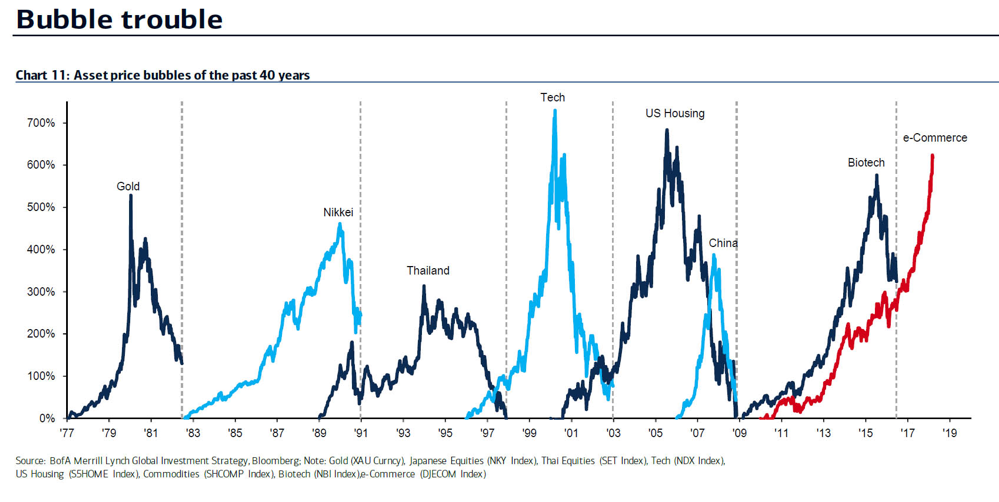Would-be investors and honest money managers face a mountain of lies and motivated misunderstanding around financial information everyday. The bad guys are winning and everyone else pays the price. Read this excellent article by Economist and mathematician Michael Edesess. See Comey’s “Higher loyalty” and its message for Wall Street:
Much of the mathematics used in finance is a lie. It is used for sales or marketing purposes, not to actually obtain results or even to be correct.
Of course, very few people who use a marketing pitch perceive themselves as lying. If the marketing pitch employs or is based on mathematics that they don’t fully understand – even if they have written it themselves – then they will still not perceive themselves as lying. They will convince themselves that it is the absolute truth. Let us instead call it motivated misunderstanding and misinterpretation of mathematics.
This motivated misunderstanding and misinterpretation of mathematics is not only endemic in Wall Street, especially in the investment advice and management field, it is its stock in trade. For example, the mean-variance optimization model is heavily used in marketing of investment advice, even though it is widely acknowledged that it does not work at all for practical purposes.



